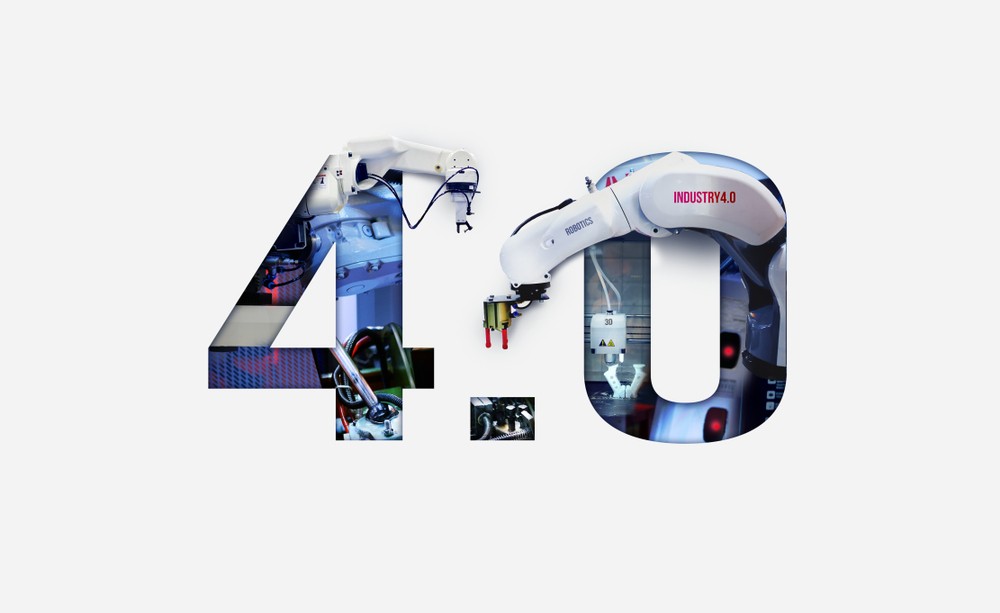A Look at the Technologies Driving Industry 4.0

Technology comes in waves — it’s why there are four distinct industrial revolutions in our current timeline. Often, these technologies erupt on the scene with early adopters, then slowly become better over time. As they become more refined, they spawn new innovations that herald the next driving force of technology and mark the next industrial revolution. As we break into the mainstream of the Fourth Industrial Revolution, it’s important to take a look at the technologies propelling us forward.
Although far from exhaustive, here’s a breakdown of some of the most important technologies of Industry 4.0 and what the Fourth Age of Manufacturing will be defined by in the history books:
- 5G. This is the telecommunications framework that’s making the age of Big Data possible. 5G has the bandwidth to support the constant stream of data from an entire network of connected devices as they relay real-time data to apps and processes. Without 5G, the Industrial Internet of Things (IIoT) and manufacturing clouds wouldn’t be nearly as powerful as they are.
- Additive manufacturing. The ability to transmute raw materials into a form through continuous construction is the foundation of additive manufacturing. This technology made it big in thermoplastics and is slowly creeping onto the scene in larger industries — everything from construction to metallurgy. It’s real-time production in the truest sense.
- Artificial intelligence (AI) and machine learning. Why think when you can have machines do it for you? AI and machine learning leverage the infinitesimal power of computers to handle the heavy lifting of calculations that are far above anything the human mind is capable of. This means everything from better pattern recognition to probability modeling and statistics.
- Augmented reality (AR)/Virtual reality (VR). Simulation technologies like AR and VR allow manufacturers to more skillfully approach maintenance, repairs, and modeling. The ability to see and interact with components digitally not only provides hands-on insights, but it also helps manufacturing staff avoid mistakes. These technologies are the ideal training tools in the modern factory.
- Autonomous robotics. Automation is what makes many factories go round. Although this technology isn’t new by any stretch of the imagination, it’s getting more complex and sophisticated thanks to machine learning, IIoT, and other digital innovations. Today’s autonomous robots are capable of much more than repetitive tasks; they can adapt.
- Blockchain. Blockchain is finally finding opportunities in manufacturing maintenance. Blockchain ledgers prevent mistakes and centralize maintenance records in a way that makes them a single source of truth and reliability. Beyond maintenance, blockchain also is vital for contract management and cybersecurity.
- Digital Twins. These digital replicas of the factory tie the many connected elements of the expanding IIoT together and make them accessible to manufacturers for data-driven decision-making. Their ability to model, simulate, and manage assets and workflows in real-time makes them an invaluable resource for factory improvements.
- IIoT. The Industrial Internet of Things is an ever-growing scope of sensors, beacons, and other networked devices that come together to quantify every conceivable elements of the factory. In the age of Big Data, this is where the data is coming from. Sensors and other devices enable everything from real-time monitoring to preventive maintenance.
- Manufacturing clouds. All the data, platforms, applications, and technologies central to a factory need to live somewhere. Manufacturing clouds bring all the digital aspects of today’s manufacturing environment together in one place, allowing the free flow of information from one application to another, accessible anytime, from anywhere.
These technologies are Industry 4.0. Like the steam engine or electricity in the industrial revolutions prior, the likes of IIoT, robotics, 5G, and others set the stage for the many capabilities powering manufacturing forward. And eventually, they’ll evolve into the next generation of tools, spurring a new revolution in the future.